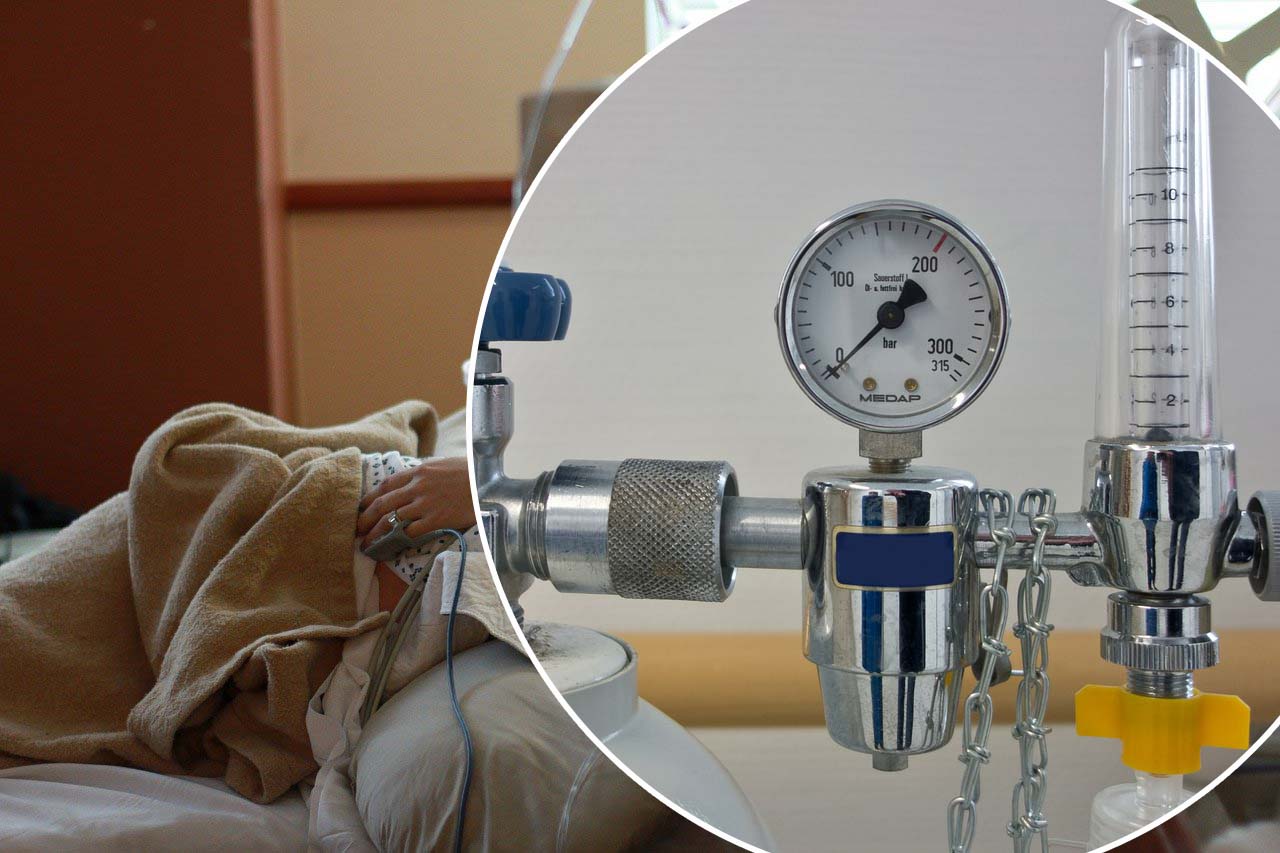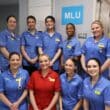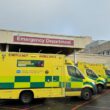
There have been no further Covid-related deaths reported in Northern Ireland in the last 24 hours.
However, there were three reported deaths over the weekend with the overall death total now at 2,270.
According to the official dashboard there were a further 639 – less than half the number of cases on Friday (1,337) – positive cases reported in the last 24 hours with 50 in Armagh, Banbridge and Craigavon. There were 65 in Newry, Mourne and Down while Mid-Ulster District recorded 59. Belfast had 140 cases in the last 24 hours.
A total of 2,396 individuals were tested in that time.
There are 208 – an increase of 45 on Friday – people in hospitals across Northern Ireland as a result of the virus, 25 – up nine – of whom are in an intensive care unit.
There are 33 – up eight since Friday – Covid patients in the Southern Trust area, 24 of whom are in Craigavon Area Hospital. There are eight patients in Daisy Hill. The other is in St Luke’s Armagh.
There are currently eight ICU beds available in Northern Ireland.
The Armagh City, Banbridge and Craigavon Borough Council area now accounts for 288 deaths overall. Newry, Mourne and Down District accounts for 169 deaths while Mid-Ulster has registered 207 deaths.
Meanwhile, SDLP Assembly Member Justin McNulty has raised concerns on the real pressures being faced by local health care staff and services, which he says are “on the brink” of collapse.
The Newry & Armagh MLA commented: “Our health service is under extreme pressure, and these pressures can be acutely felt across the board.
“In recent weeks, we have learned that 335,000 people are on hospital waiting lists, 5,124 children are waiting on an Autism assessment, almost 6,000 GP Out of Hours shifts have gone unfilled, and 1,047 red flagged cancer patients are waiting for urgent surgical intervention.
“Whilst Covid-19 has undoubtedly exacerbated many of the problems faced by our health service, it would be a mistake to claim that the pandemic is the root cause of the structural deficiencies in our health and social care sector. Covid has only served to expose and compound these critical weaknesses which have been brought into being by chronic underfunding and a programme of relentless austerity.
“Another critical issue which needs to be addressed is the enormous pressures on our NHS staff. Frontline workers have long carried the health service on their backs, and the recent pressures of the pandemic are taking a toll on workers.
“With more than 3,000 staff referrals for occupational health services having been made within the last 24 months, it beggars belief that the Department of Health has withdrawn the specialist psychological support services for staff that were available during the first wave of the pandemic.
“As the health service rebuilds after Covid, we must ensure that robust patient-centric care is placed at the heart of that recovery process.
“In addition, we need to see immediate and urgent action taken to address the crisis in waiting lists across the system, with real investment in primary care so as to enhance and expand access to GP, out of hours, and accident and emergency services in the immediate term.
“Beyond that, we need to see comprehensive structural reforms in the NHS, with robust support mechanisms for staff, as well as a guarantee that funding will not be lost to back office functions, but rather will find its way to the front line where it’s needed most.
“Our health service and the workers who drive it forward don’t need rounds of applause, token gestures, or platitudes. What we need to see is meaningful action to tackle chronic underfunding across the system, so as to build a strong and resilient health service for generations to come.”





